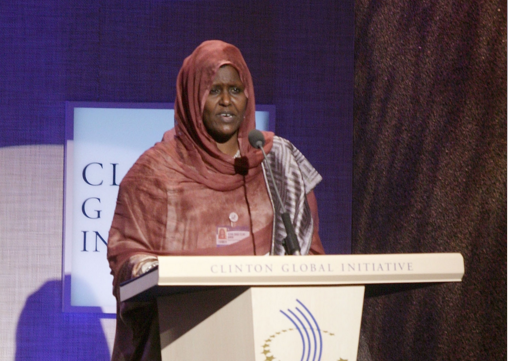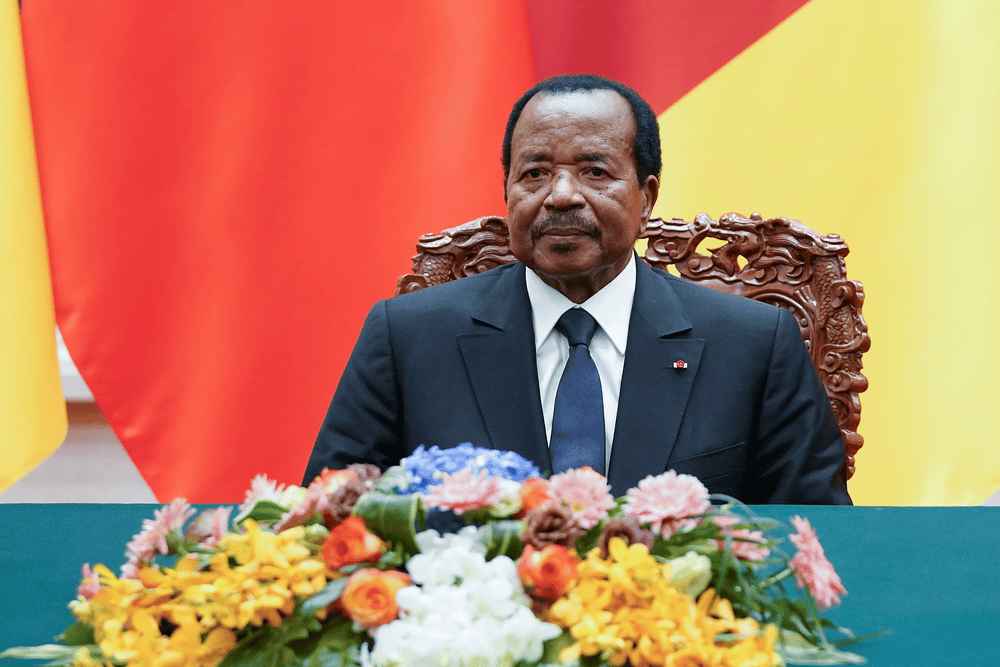
Somalia, UN laud role of women in peace building

Somalia and the UN have lauded the role played by Somali women in peace, security and governance as the world celebrated the 20th anniversary of UN Security Council Resolution 1325.
Hanifa Mohamed Ibrahim, minister of women and human rights development, said the government should now create new pathways for Somali women from all generations to join forces for the future and lauded the role women have played in Somali politics and peacemaking.
“From Asha Hagi Elmi becoming the first Somali woman to sign a peace agreement in 2004 to the campaign for women’s representation in the 2012 and 2016 parliamentary processes, the gains made so far provide a foundation for further progress,” Ibrahim said in a statement issued in Mogadishu.
“We will not stop in our efforts to build on these accomplishments to ensure women’s full participation and representation in politics, leadership, and decision-making,” the minister said.
Both the government and the UN also congratulated Somali women for their achievements and stressed the added value of their political participation and representation.
Spearheaded by women leaders and organizations, the ground-breaking Resolution 1325, adopted on Oct. 31, 2000, was the first to recognize women’s leadership to achieve international peace and security and their contributions to conflict prevention and resolution, peacekeeping and peace building.
Currently, Somali women account for 24 percent of Somalia’s parliamentary seats.
James Swam, UN Secretary-General’s Special Representative for Somalia, said the women of Somalia have contributed immensely to the country’s progress and development.
“We call on federal and state authorities, political leaders, civil society groups, and international partners to uphold the centrality of Somali women in peace, security and governance,” Swan said.
He said the current election season presents an opportunity to bolster women’s role in Somalia’s peace and political processes.
“We urge Somalia’s leaders not only to ensure the 30 percent quota for women in the forthcoming parliamentary elections but also to fulfill the commitment to 30 percent representation of women in electoral management bodies,” Swan added.






